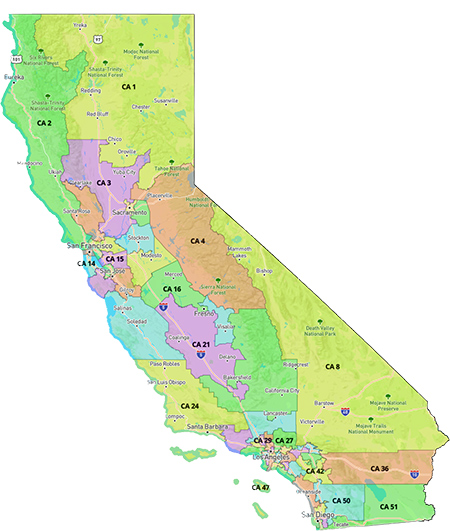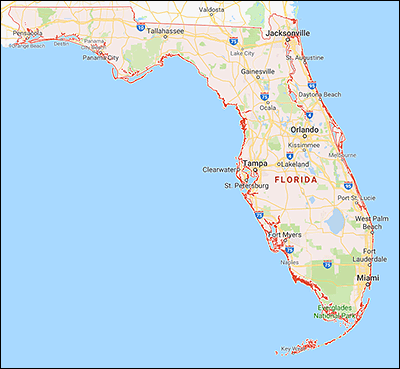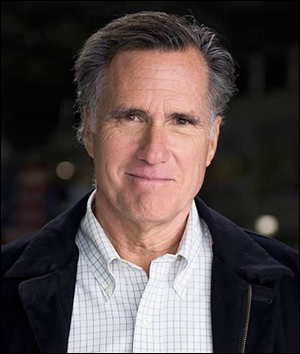Nov. 29, 2018 — The 2018 House election cycle is finally drawing to a close, and it looks like the Democrats are gaining their 40th conversion seat. Monday night in California, as the state’s marathon vote counting process meanders on, Democratic challenger T.J. Cox overtook Rep. David Valadao (R-Hanford/Bakersfield) and may well be headed toward victory.
Rep. Valadao, who had earlier been projected as the winner, trails his opponent by 438 votes, but the counting is still not complete. New votes were counted in Kern County that greatly favored Cox, allowing him to take the lead for the first time.
The California counting system literally takes weeks because the state allows voters to postmark their mail ballots on Election Day, and the counties only process ballots on certain days. The 21st District is split among four counties, so it is difficult to know exactly how many mail, overseas, and provisional ballots still remain since the numbers are only released by complete county domain.
It is probable that we will not have a final result until next week because Kern won’t release more totals until Monday. The remaining counties: Fresno, Kings, and Tulare, should record their final numbers this week.







